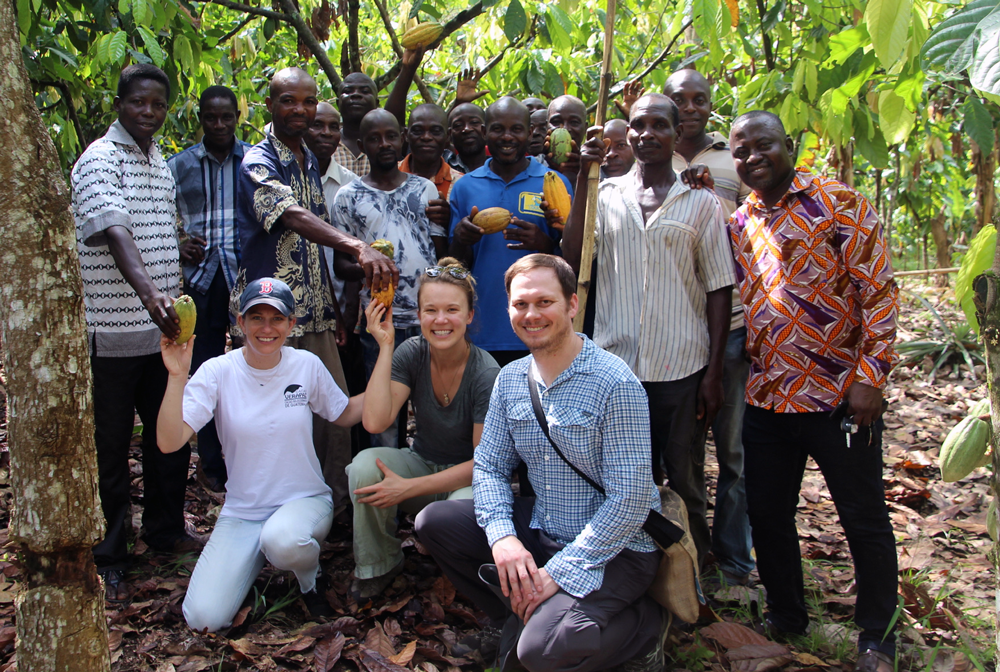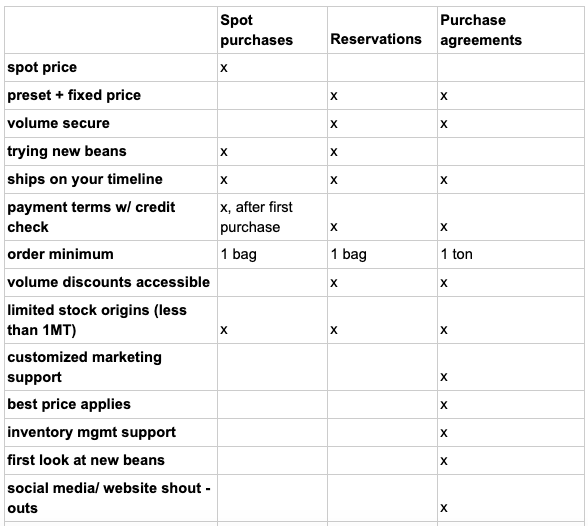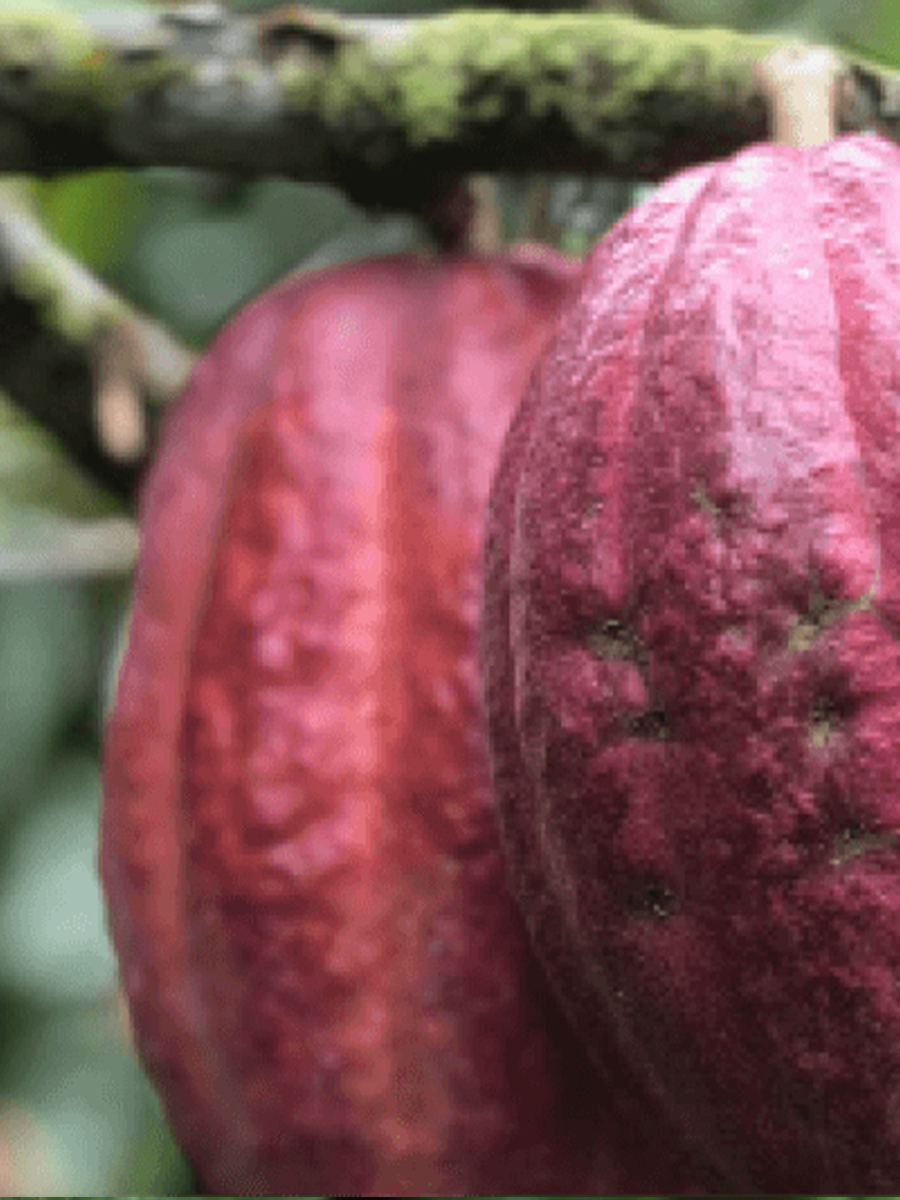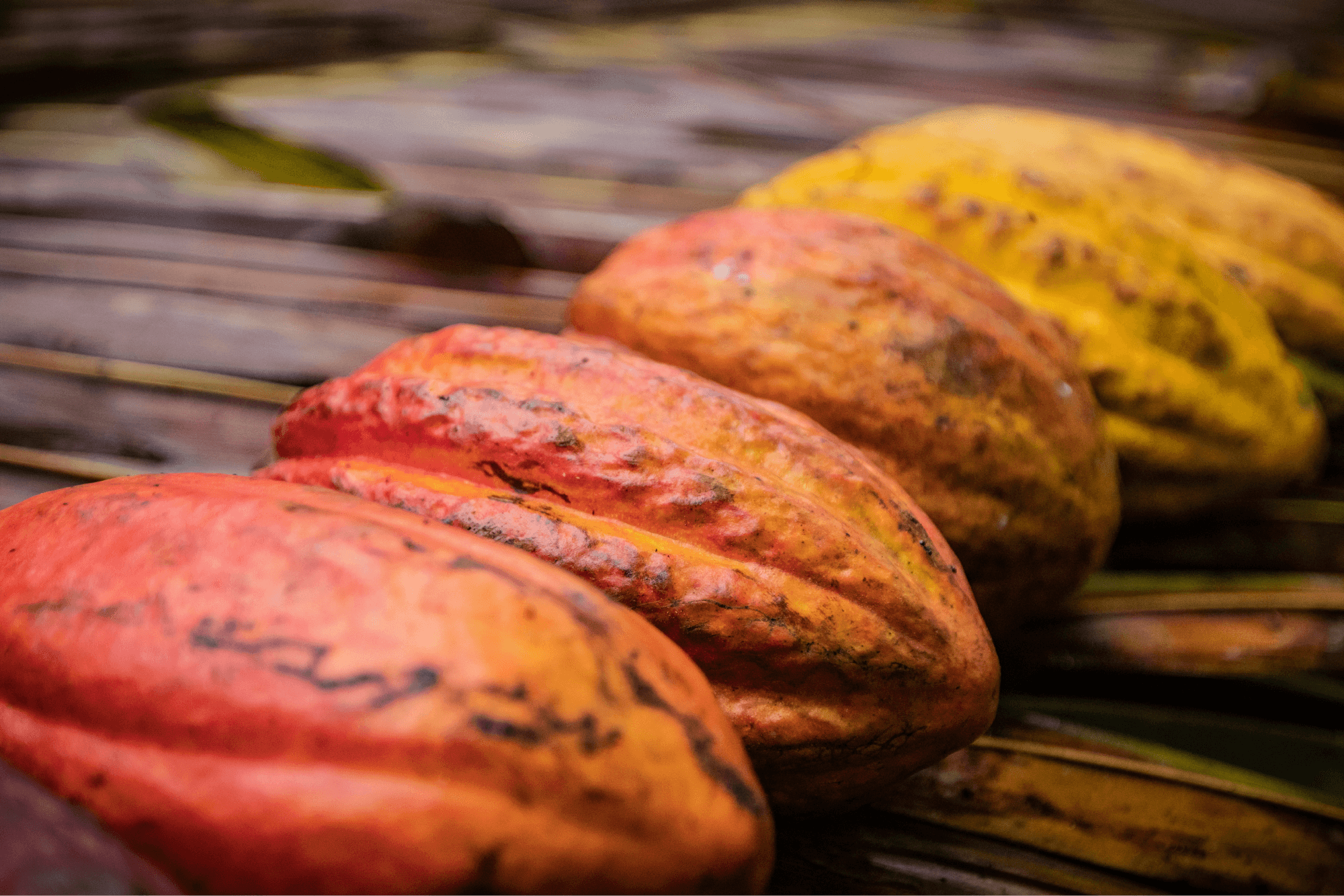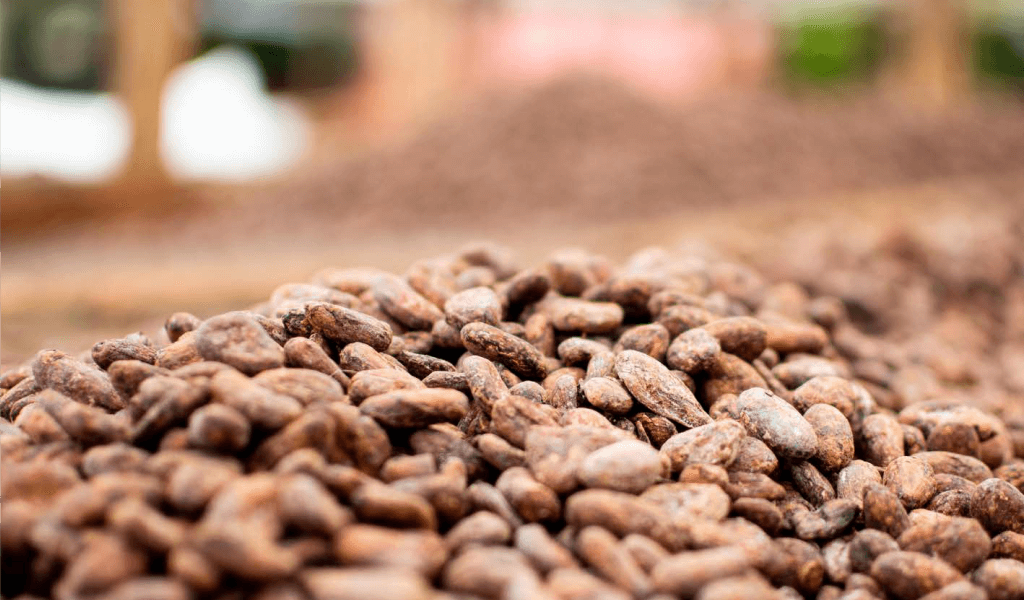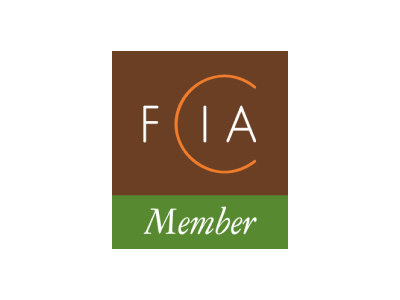We at Uncommon Cacao are always considering how to create the most impact we can through our business, and how to best prioritize new origins in our supply chain as we grow. When we acquired the cacao brokerage from Taza Chocolate in 2016, we “adopted” relationships that Taza had built with PISA in Haiti, Öko Caribe in the Dominican Republic, and Alto Beni in Bolivia, and added these into our portfolio alongside Maya Mountain Cacao from Belize and Cacao Verapaz from Guatemala. Since then, we have thoughtfully added additional supply partners and bean offerings to our portfolio. These decisions have been made based on a few parameters: market demand (are chocolate makers looking for this type of cacao?), transparency and traceability (is the supply partner willing and able to provide accurate transparency data every year?), quality (is the supply partner able to provide a consistent high quality from harvest to harvest?), and values alignment (is the supply partner prioritizing social and environmental impact?).
When we were introduced to ABOCFA (thanks Jesse and Tony’s!), we learned that the cooperative had been working in all of these areas already for many years. While we had initially thought that it would be very difficult to find an origin in Ghana or Cote d’Ivoire that aligned with our priorities, due largely to government regulation, we learned to always question our assumptions and approached the opportunity collaboratively. Our hope is to change the way that the specialty chocolate industry thinks about cacao from Ghana and West Africa in general.

Esther Djmatey has been farming cacao for 6 years and has a 2 acre cacao farm in Ghana
Market Demand
In listening to craft chocolate makers, we learned that “chocolatey” beans were in high demand and were difficult to find. The traditional “chocolate” flavor is most reliably found in Amelonado cocoa, the dominant variety brought to São Tomé by European colonizers and propagated across the West Africa region. As Ghana and Cote d’Ivoire grew to become the world’s biggest cocoa producers over recent decades, this flavor profile quickly became the standard and most recognizable by consumers as “chocolate.” In contrast, the cacao from Central and South America tends to be much more genetically diverse “fine flavor” cacao that offers a wide variety of intense fruity, floral, and nutty flavors, but not as much of the deep, rich chocolate flavor of a classic Amelonado. Since Uncommon Cacao had historically sourced only from Latin America, with origins known for their fruitiness and acidity, it was high on our priority list to find a supplier of chocolate-forward cocoa. By partnering with ABOCFA (Aponoapono Biakoye Organic Cocoa Farmer’ Association) we’re happy to finally have the chocolatey bean profile covered.
We also knew some chocolate makers were looking for more pricing diversity in our offerings. While the ABOCFA cocoa stands strong on its own in a craft chocolate bar, it’s also a great bean for blends, confectionery, ice cream, and other products that require a simple base chocolate. ABOCFA is the first Uncommon supplier that can only contract based on commodity market pricing. This means that when we request a contract, we take the market price from that day and add premiums for Organic, Fair Trade, and quality. With the other origin partners who we work with, we have established longer-term pricing based on the supplier’s business model and cost of goods, rather than using the commodity market price as a baseline. We’ll elaborate more on this in a later blog post, but for the purpose of this discussion it’s useful to understand how the pricing is lower, and more flexible contract-to-contract, than our other offerings.
Third, ABOCFA has more production capacity than any of our other origins. The cooperative produces between 700 and 1000 MT of cacao annually, which means their lower prices work for them due to a higher order economy of scale. In addition, it means we can commit to more volume in a more flexible way - i.e. if a customer wants to contract for more than 10 MT, we can more easily accommodate this type of volume on an annual basis.

Stephen, the General Manager of ABOCFA, at the organic warehouse in Tema, Ghana

Stasi and Stephen visiting cacao farms in Suhum, Ghana
Traceability and Transparency
In fact, having the Ghana Cocoa Board (COCOBOD) in control of all the cacao once an individual farmer sells it makes our transparency reporting a little easier, in some ways.
Every year, COCOBOD announces the farmgate price for the season. This is published information, and all farmers know it. They hold their local purchasing clerk accountable to this farmgate price. It’s set based on the bag weight of 64 dried kgs, and the payment from the purchasing clerk (or PC) isn’t dependent on the individual farmer’s quality. Because we publish verified farmgate prices every year, this step is made easier by the government mandated and published price.
COCOBOD is organized in the field through Licensed Buying Companies (LBCs) - these are companies that are out organizing buying in the field, and have been granted licenses by COCOBOD to operate for the season. They have district warehouses, where they consolidate cacao brought in by the PCs from their respective communities. PCs are hired by LBCs, who hold them accountable to volumes purchased and pricing.
COCOBOD works with LBCs to reconcile volumes purchased and money spent. Once the cacao is in the possession of the LBC at their district warehouse, it is technically COCOBOD property (after all, the LBC is licensed by COCOBOD). It is at the LBC level that COCOBOD quality officers come from the Quality Control Company (QCC), one branch of COCOBOD, and grade the cacao across different quality levels, which then determines the price of the cacao - for export, for local processing then export of derivatives, or for local processing and consumption.
With ABOCFA in particular, the cooperative has taken additional steps to confirm that farmers are actually paid the stated price, and to mitigate the potential risk or issues with PCs in the field.
Prior to working with us and Taza, ABOCFA worked with Tony’s Chocolonely for many years (and still does). This history with Tony’s led ABOCFA to establish due diligence procedures within their board and create cooperative bylaws to ensure equitable pricing and premium distribution plans. ABOCFA selects LBC partners that they trust, and spend time reviewing farmer receipts and payment records. All PCs hired by the LBC are ABOCFA members, and ABOCFA regularly calibrates their scales, ensuring that they are not tampered with to “short” farmers.
Each farmer in the ABOCFA network is given a booklet when they join the cooperative, with specific organic practices as well as a log for all cocoa deliveries and payments. They have also participated in living income studies, and are Fair Trade certified.
In addition to these measures of enhanced traceability, ABOCFA takes their Fair Trade and Quality premium distribution plans seriously. ABOCFA trains farmers in best practices in fermentation and drying, so there can be more consistency in the quality of their product. They distribute between 40% and 50% of the total premium pool (Fair Trade, Quality, or otherwise from buyers) directly back to farmers in the form of a cash payment after the season finishes, dividing the premiums based on volume delivered by each farmer. For us, this sealed the deal, because it means that farmers are actually earning higher prices than the Ghana established farmgate price, being rewarded for quality and for ethical labor practices.
ABOCFA has implemented what is called the Bean Tracker system, in conjunction with Tony’s Chocolonely. While technology platforms can be difficult to consistently implement in the field, ABOCFA puts a concerted effort toward entering bean volumes and pricing into the system, to track the beans from farmgate through export. This starts at the farmer delivery level. Each PC inputs every purchase into their mobile phone, sending the data into the Bean Tracker portal, which ABOCFA management and Tony’s can access. It flows with the cacao all the way through the export warehouse and individual containers.

Certifications
Finally, a significant contributing factor to our ability to work transparently with ABOCFA is due to their Organic and Fair Trade certifications. These have ensured both values alignment as well as further facilitated traceability.
ABOCFA is one of only four organic certified cooperatives in Ghana, meaning that their cacao is quite rare when it comes to all the cacao output from the country. 99% of Ghana’s cacao is uncertified, and thus when the cacao moves from the LBC district warehouses to a port (either of the two major ports in Ghana), it is simply piled in with hundreds of thousands of other tons. In ABOCFA’s case, when the cacao moves from the LBC’s district warehouse to the port, it is placed in a certified organic warehouse. Only three other cooperatives’ cacaos will go through that same warehouse. It is thus much easier for the warehouse management to keep track of, and less risky in terms of accidental shipping of the wrong cacao. COCOBOD’s marketing company (CMC) issues contracts with buyers, and can on occasion think of all their export-grade cocoa as fungible. In our case, as Uncommon Cacao, when we try a sample of a bean, we expect that sample is representative of the actual shipment we will be receiving. This is especially important since Ghana does not centrally ferment cacao, and we want to make sure that we are selecting lots that are consistent year-to-year, and that meet our flavor expectations.
The work ABOCFA has done to ensure that farmers are not deforesting for their cacao farms, nor using illegal forms of child labor, is impressive. These efforts have been for the sake of maintaining their certifications, as well as for their customers who expect these standards to be upheld. The international community has demonized farmers, especially in Ghana and Cote d’Ivoire, for certain deforestation and child labor practices. We don’t believe in blaming individual farmers for the systemic issues that cause these practices. We also understand that knowing our supply chain is a critical way to ensure its sustainability. Our role as ABOCFA’s partner is to help chocolate makers understand the unique conditions and culture of the Ghanaian cocoa industry, which is different from the Latin American context, and the value of this supply chain for them. ABOCFA continues to participate in studies with the International Labor Organization (ILO) to measure and follow cases of child labor, and reports on any internal cases every year. They also continue to do their organic audits every year, reporting on agroforestry practices and ensuring no farms are within protected forest areas.
In sum, we are proud to be ABOCFA’s partner and introduce their delicious, high-impact, and traceable cacao from Ghana into the U.S. bean-to-bar chocolate market. Thank you for making it all the way down to the end of this post! We are always happy to answer any additional questions that may not have been covered in this blogpost. There will be follow up posts to go into more detail on these topics. We look forward to hearing your feedback as you evaluate using these beans for your own chocolate production, and hope to be able to lead a chocolate maker trip to Ghana in coming years so you can see all of the great work ABOCFA is doing with your own eyes!
